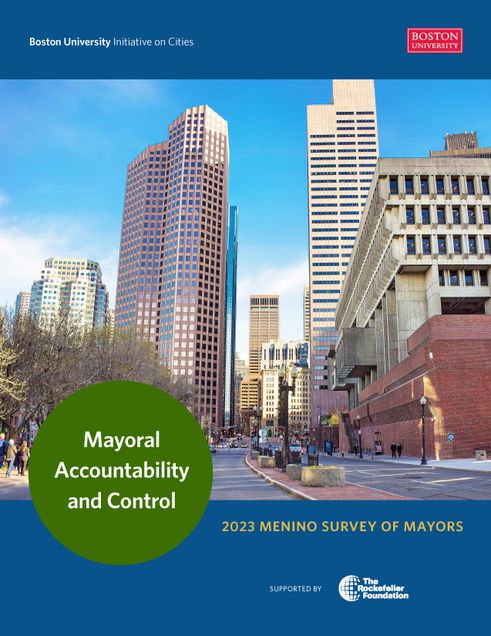
Elected officials often grapple with the gap between the policy issues within their control and those for which their constituencies hold them accountable. For example, at the national level, voters use the national economy’s performance as a critical indicator in choosing whether or not to re-elect a President (or a member of the President’s party). Yet, the President has limited control over the economy; insofar as policies they pass shape economic performance, the effects can take years to materialize.
These accountability challenges are even more pronounced for local officials. While local governments have a wide array of powerful policy tools at their disposal, they are also buffeted by an array of external forces over which they have limited control. Indeed, a mayor cannot single-handedly shape unemployment, crime, racial wealth gaps, and homelessness—issues that are all impacted, at least in part, by national policies and broader macroeconomic trends.
Over the years of the Menino Survey, we have examined mayors’ perceptions of their control of and accountability for various policy domains, including municipal government performance, cost of living, and public health. This report examines how mayors view their control and accountability over various elements of local government and how these perceptions have changed in recent years. We also analyze mayoral perceptions of accountability and control over managing public disorder in their cities and how they may shape their preferred policies for managing social disorder.
